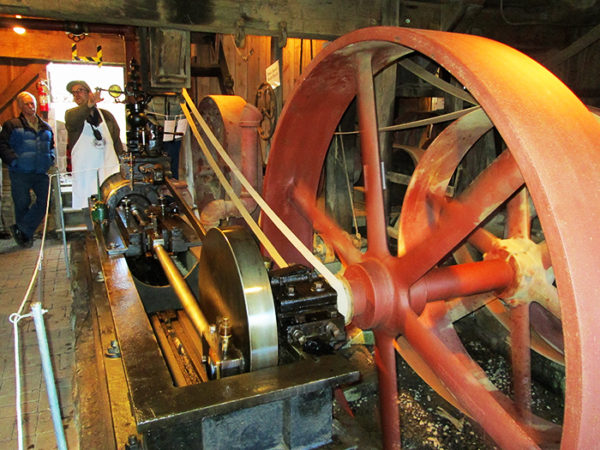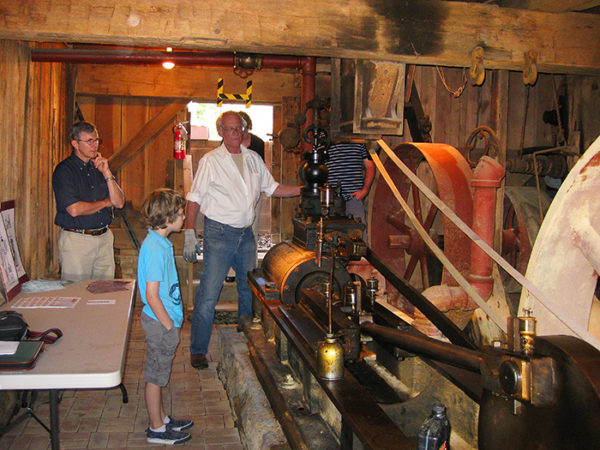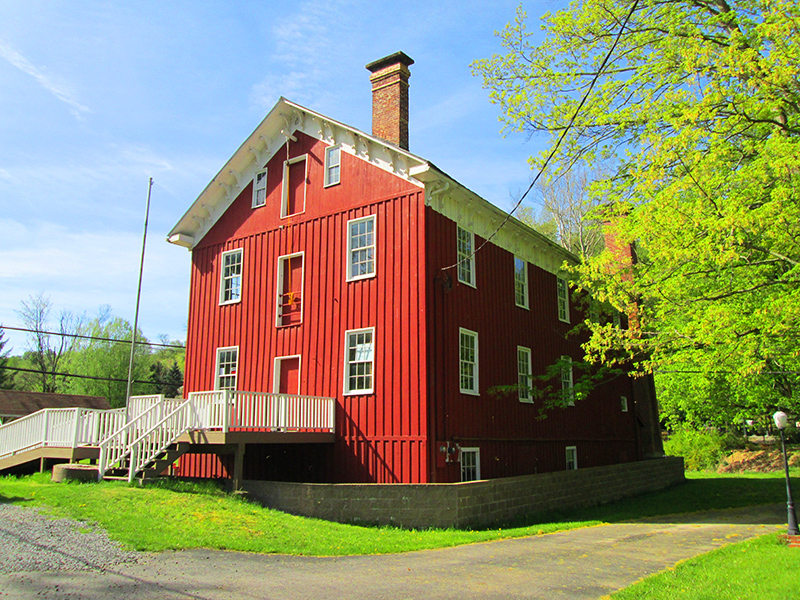Dick Walters is the Treasurer of the Monongalia Historical Society. In the following interview with Eliza Newland, he shares information about the Society’s mission, history and current activities.
This interview is the first in a series of interviews featuring members of Mountaineer Country Museums, an organization based in Morgantown with a mission to support, promote, and develop local historic sites and museums, and to increase community awareness of their value. Members meet every other month and talk about issues and events within the local arts and history communities. If you are interested in joining us, please email at e.s.newland@gmail.com.
Eliza: Hi, Dick! Tell me a little bit about the Monongalia Historical Society.
Dick: The Monongalia Historical Society was incorporated in the State of West Virginia on January 28, 1954, and is a 501(c) organization, and thus eligible for tax-deductible donations.

The purpose of the Society is to further the awareness of history with emphasis on the Monongalia County area, which initially was composed of several present-day West Virginia counties as well as a portion of southwestern Pennsylvania. To do this, the Society conducts four dinner meetings each year with speakers and programs involving historical subjects. A quarterly newsletter is published with articles of local interest, and an Annual Proceedings booklet is published which contains historical manuscripts. In addition several monographs have been published and are for sale to the public. The Society also serves as a contact point for persons looking for genealogical information and several members will undertake related research for individuals not residing in the local area.
Another function of the Society is to aid in preserving artifacts and documents of local interest. In 1980 the Easton Roller Mill was deeded to the Society, and currently houses items of historical interest. However, the main function of the mill is for educational purposes, and tours and open houses are regularly conducted during the summer months. The mill was constructed in 1867, and is a large 3 1/2 story building located on West Run in Easton, Monongalia County. It was placed on the National Register of Historical Places in 1976. The mill was originally powered with steam and a coal-burning boiler, but is now operated with a compressed air system for demonstrations.
Membership in the Society is free to current students and costs $15 per year for individuals and $25 per year for couples/dual memberships. Over 200 members receive the mailings of the quarterly newsletters and the Annual Proceedings. The Society is organized with a charter and bylaws, and is managed by a board of directors and officers, elected biannually. Major issues are brought to the membership at the quarterly dinner meetings when elections are also held. Financial support is through membership dues, donations, publication sales, and grants from foundations, the Monongalia County Commission, and various West Virginia State agencies.

Eliza: Can you tell me a little bit about yourself?
Dick: I grew up in Wheeling and came to Morgantown to attend WVU in 1952. After graduation I worked as an engineer and served in the USAF, then returned to WVU to pursue graduate degrees in aerospace engineering. I was a teaching instructor during graduate school and remained after graduation to become a member of the faculty, retiring in 1997.
Eliza: Why did you get involved with the Monongalia Historical Society?
Dick: I joined the Society to learn more about local history, and became treasurer in 1997.
Eliza: What do you see as the Monongalia Historical Society’s role in Morgantown?
Dick: I believe the Society serves the purpose of unifying the community and allows the public to appreciate the history that made the community what it is today, and that this knowledge can help to formulate good plans for the future of the area.
Eliza: When is the Easton Roller Mill open to the public?
Dick: The Easton Roller Mill is open for guided tours during the months from May through September. The half-hour tours are free and are on the fourth Sundays of those five months from 2 to 5 PM.
Eliza: Does the Monongalia Historical Society have any special events or fundraisers?
Dick: A special program will be held on the September, 2017 tour day to recognize the 150th anniversary of the construction of the Easton Mill. Watch the local newspaper event schedules for more
information.
Eliza: Is there anything else that you want people to know about the Monongalia Historical Society?
Dick: The Society is always looking for members and volunteers. Detailed information about Society activities and speakers at the dinner meetings can be found on the website monongaliahistoricalsociety.org. Guests are always welcome and may attend the dinner meetings for the $10 dinner cost, or can just come after the dinner to hear the speaker at no cost. Meetings are held at the Suncrest United Methodist Church and ample parking is available.
Eliza: Thank you so much for your time, Dick!
—
Eliza Newland is from the Appalachian foothills of Georgia and works at the Watts Museum in Morgantown.

